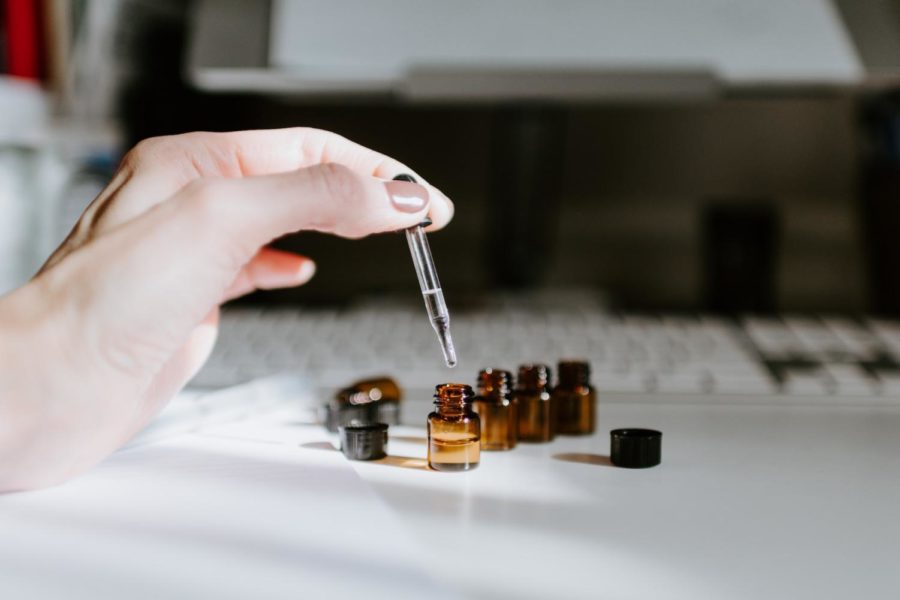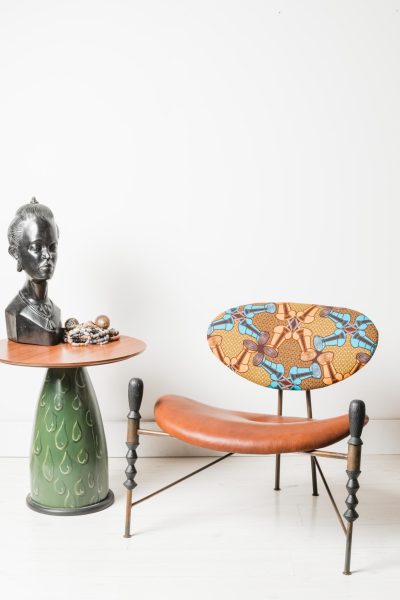Alternative uses for essential oils and what to know about aroma therapy
October 5, 2021
Essential oils are often used for aromatherapy. Along with aromatherapy, there are other ways essential oils can also be used.
John Hopkins Medicine states that essential oils are “Made by steaming or pressing various parts of a plant (flowers, bark, leaves or fruit) to capture the compounds that produce fragrance.”
Ashley Fulton is a wellness advocate for dōTERRA, a brand of essential oils. She discussed her experience with aromatherapy and how frankincense helped improve her health.
“I have a lot of favorite essential oils but if I had to pick one it would be frankincense because it has helped me so much with my autoimmune disease and also three years ago when I had a concussion,” Fulton said. “It has amazing health benefits known to support healthy cellular, immune, nervous and digestive function.”
When it comes to aromatherapy, essential oils can be used in different ways. Some of these include topically, in food/beverage or by diffusing. Fulton described how she uses her oils most.
“I mostly use my oils topically. I dilute the oil with fractionated coconut oil in a 10ml roller bottle so it will better absorb into the skin and it makes it more convenient to use and take on the go,” Fulton said. “I like to apply the oil to the back of my neck, on the wrist, down the spine or the bottom of my feet.”
Fulton warned of some things to be aware of when it comes to finding high-quality essential oils.
“I would recommend others try using essential oils,” Fulton said. “However, not all essential oils are the same. If you can’t see proof that the oil is 100% pure and free of contaminants and fillers, then I would not recommend using it.”
While essential oils are often used for aromatherapy—they also have other purposes.
Joel Coats, an entomology professor at Iowa State, discussed his research on using plant essential oils as an insect pesticide and repellent.
“In the 1980s, I started looking at orange oil as a possible insecticide and as a possible repellent,” Coats said. “And then we started looking at them as repellents around the turn of the millennium. And, turns out, some of them are really good repellents.”
Coats explained why he was interested in looking at essential oils as natural repellents partly because of consumer demand.
“It seems like the natural ones would have a big advantage market wise,” Coats said. “So, people are generally much more comfortable with natural products.”
Coats later discussed that essential oils typically do not repel for long but that he is looking to change this.
“There are a lot of these on the market- blends of rosemary oil and citronella oil and whatever other oils,” Coats said. “Most of them don’t last very long; they’ll be repellent for half an hour or maybe an hour and sometimes that’s enough. But other times you need longer than that, so we’ve been emphasizing the last six or eight years to look at ones that are longer lasting spatial repellents.”

















